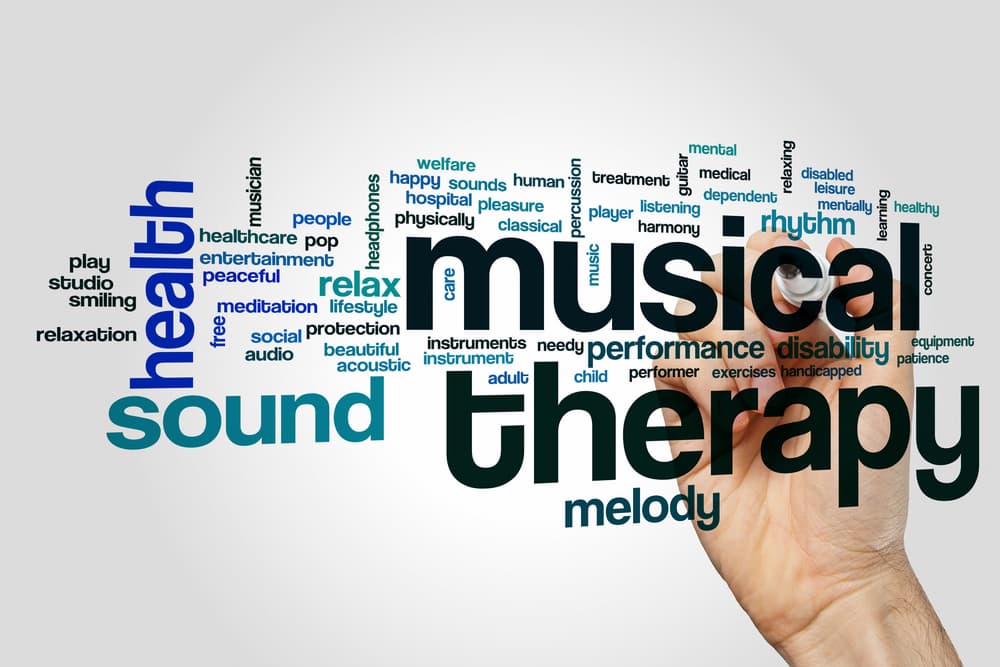Have you lost interest in activities you used to enjoy? Are you angered and agitated for no reason? You could be suffering from depression. Depression is a mental health condition that impacts the mood leading to a loss of interest in previously enjoyable activities. Here we look at the warning signs of depression and how music can help.
Depression Warning Signs
Like other mental health conditions, depression has a diagnostic manual that doctors review with you. The manual helps determine whether a patient suffers a form of depression or not. However, our depression may not always feature in the diagnostic manual. It is possible to rule out depression if you only rely on the DSM-5 Diagnostic Criteria. The diagnostic tools used in most depression treatment centers may not resonate with most of us. Here are a few warning signs of depression that may not appear in the mainstream depression diagnostic manual.
Music Doesn’t Hit Like It Used To
While we may have differences in the music that soothes our souls, almost everyone loves music. Everyone has a specific music genre that lifts them when they are feeling low. There is that song that brightens your moods whenever you feel down. But what reason would make your favorite song leave you feeling emotionless? You suddenly cannot cope with the emotions brought out in a song that brightened you before. This could be a sign of depression.
Everything is Sore, All the Time
Sometimes your body hurts for no apparent reason. You have pain in your joints, back, neck, and head. You cannot get settled. Your stomach also feels upset, and generally speaking, you are unwell. Note that you cannot really tell what is wrong with you, and any explanation for the pains would be welcome. When you cannot tell what makes you sick and constantly feel in bad shape, you could be depressed. Discussing this with a doctor is extremely important. However, it is good to appreciate that issues other than depression may make you feel ill.
Losing Your Creativity
Creativity is the ability to imagine and come up with ideas that provide the solution or meet the needs of a section of society. You could be creative in craft, drama, music, comedy, or other arts. Regardless of your area of creativity, a sudden loss of ability to offer solutions, entertainment, or education could point to depression.
Forgetting Your Identity
Sometimes you feel lost. Almost everyone feels lost at times. Sometimes there is nothing wrong with that. However, when you constantly become unable to clarify your purpose, values, or direction in life, you could be experiencing depression. Losing your personal identity is a common sign of depression.
How Can Music Therapy Help with Depression?
Music is a powerful emotion-stabilizing tool. Different styles of music impact positively on the mind to brighten your moods. The use of music to help alleviate symptoms of depression is known as music therapy. Music has been used alongside other counseling techniques to help improve the well-being of patients.
Benefits of Music Therapy
Uplifting melodies or lyrics can help to improve the listener’s mood as well.
Learning a song’s origin, theme, or setting can help connect with the composer and share their feelings. For example, Floowood’s music explores themes ranging from Dante’s Inferno to Buddha to Noah’s Ark.
Music therapy also helps you to express yourself creatively. Listening to music might inspire you to create your own and bring that creative spark back into your life.
Take Control of Your Mental Health
While depression may be inevitable, you have numerous ways of overcoming it. Music therapy is just one of them. Take control of your mental health through music therapy and improve the quality of your life. To access more wisdom from Floowood, click here, download, or stream his music on all platforms, including Spotify and Apple Music.
Image Source: ibreakstock/Shutterstock
